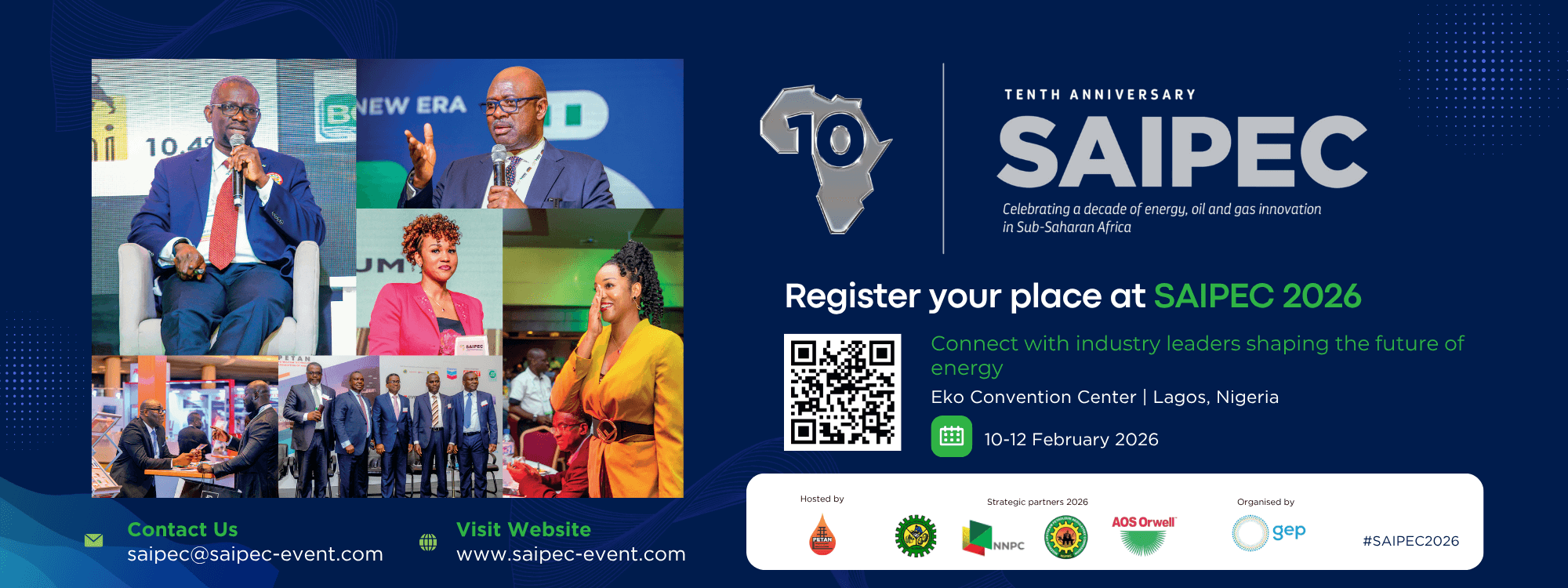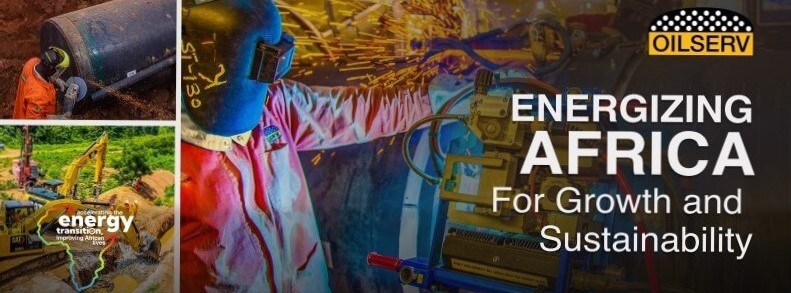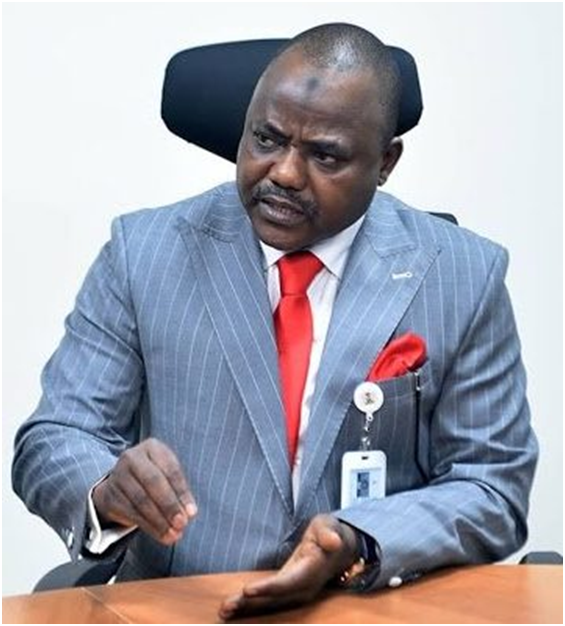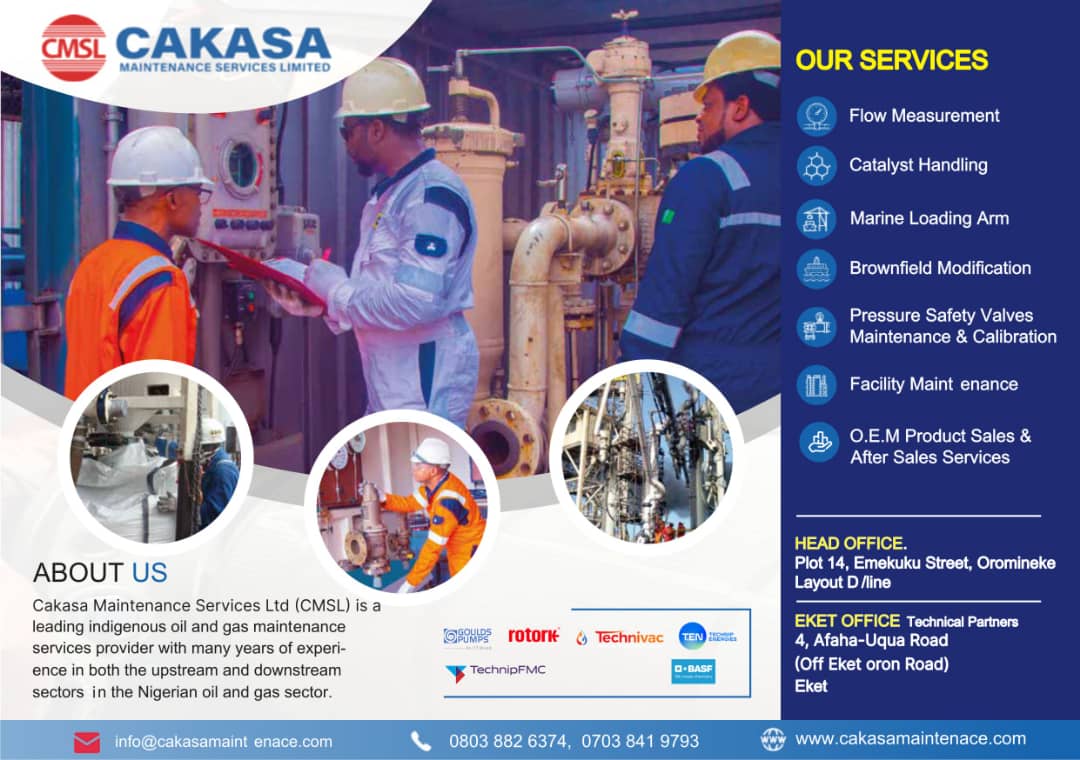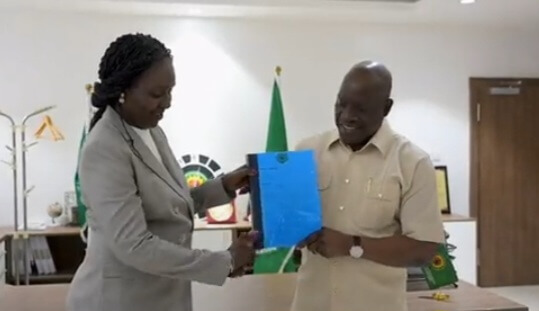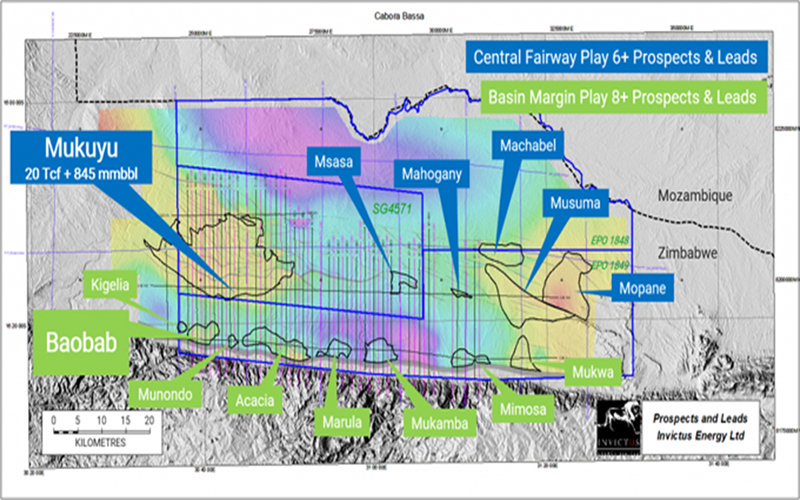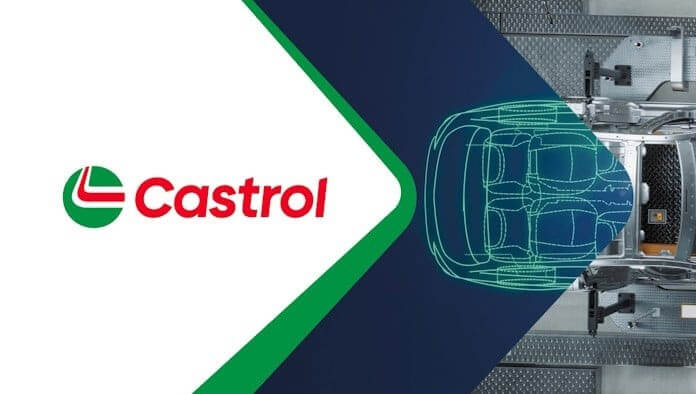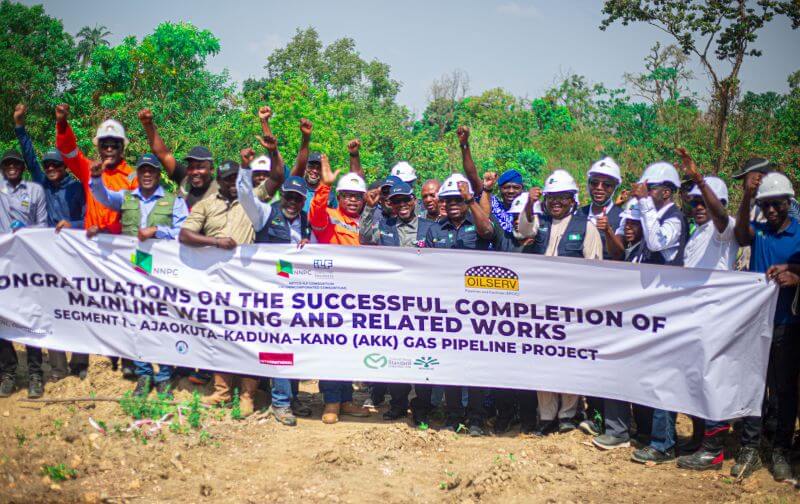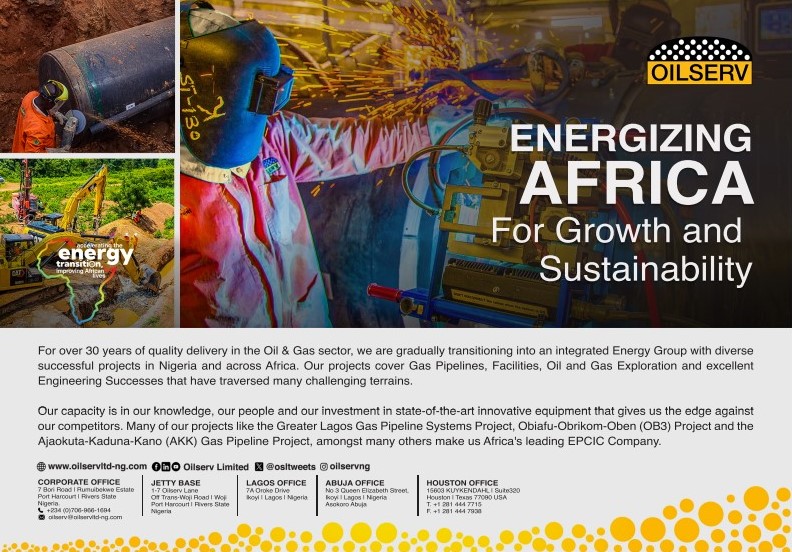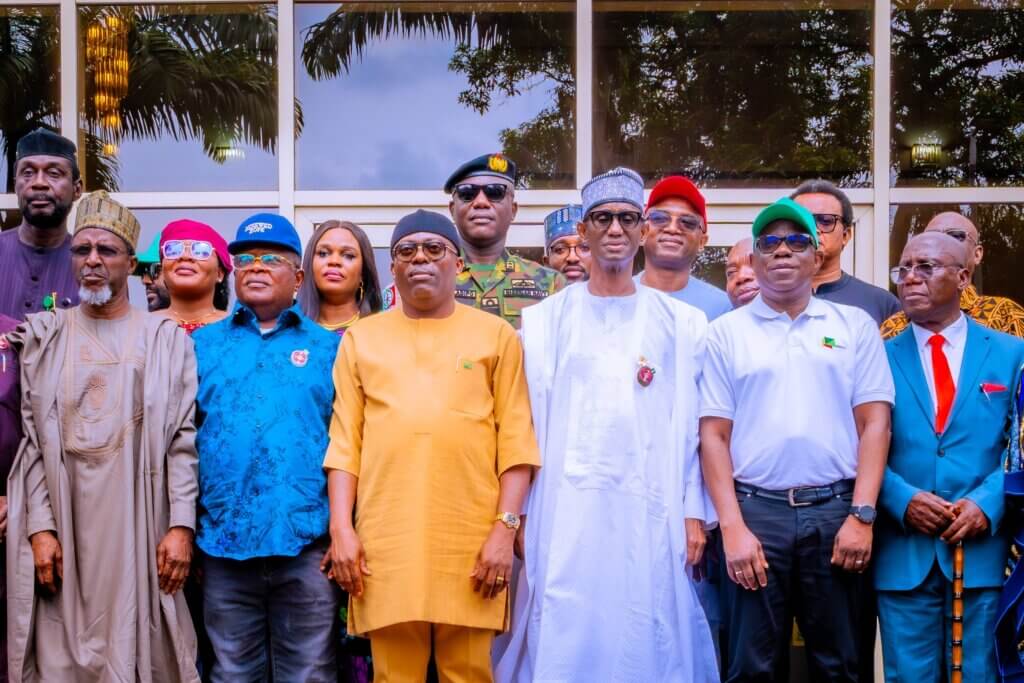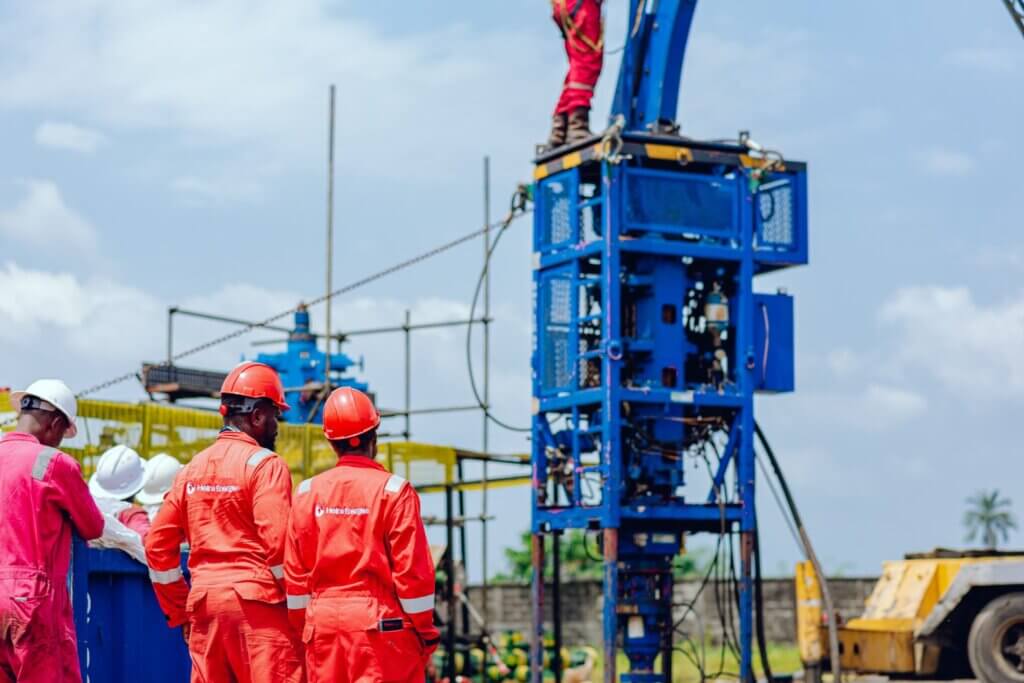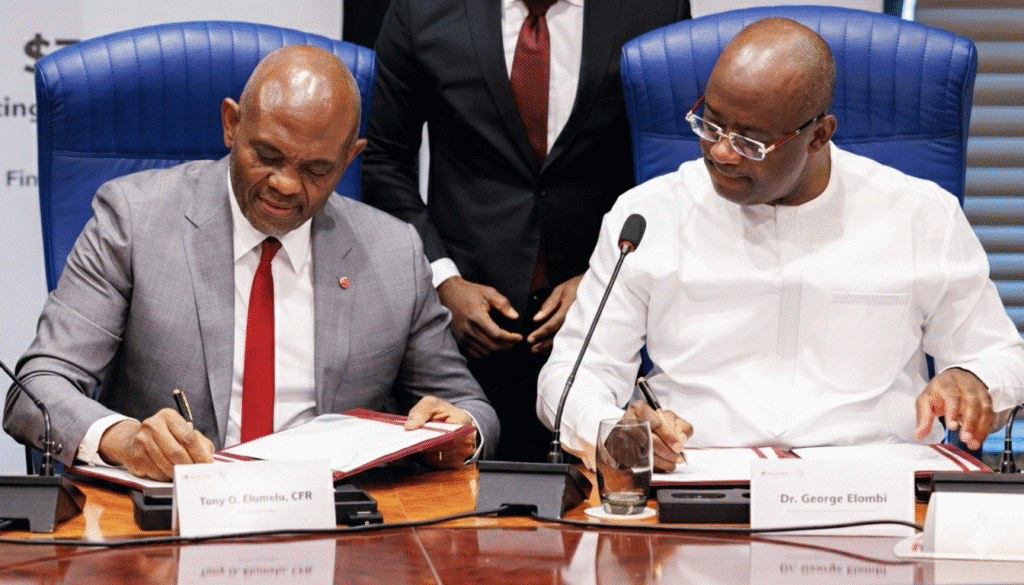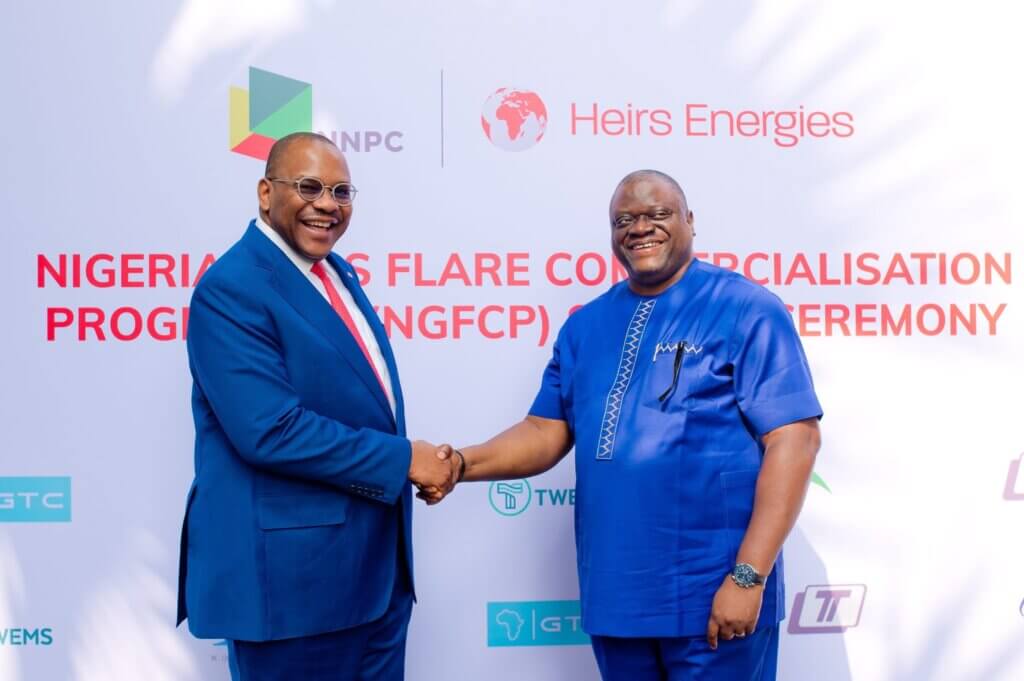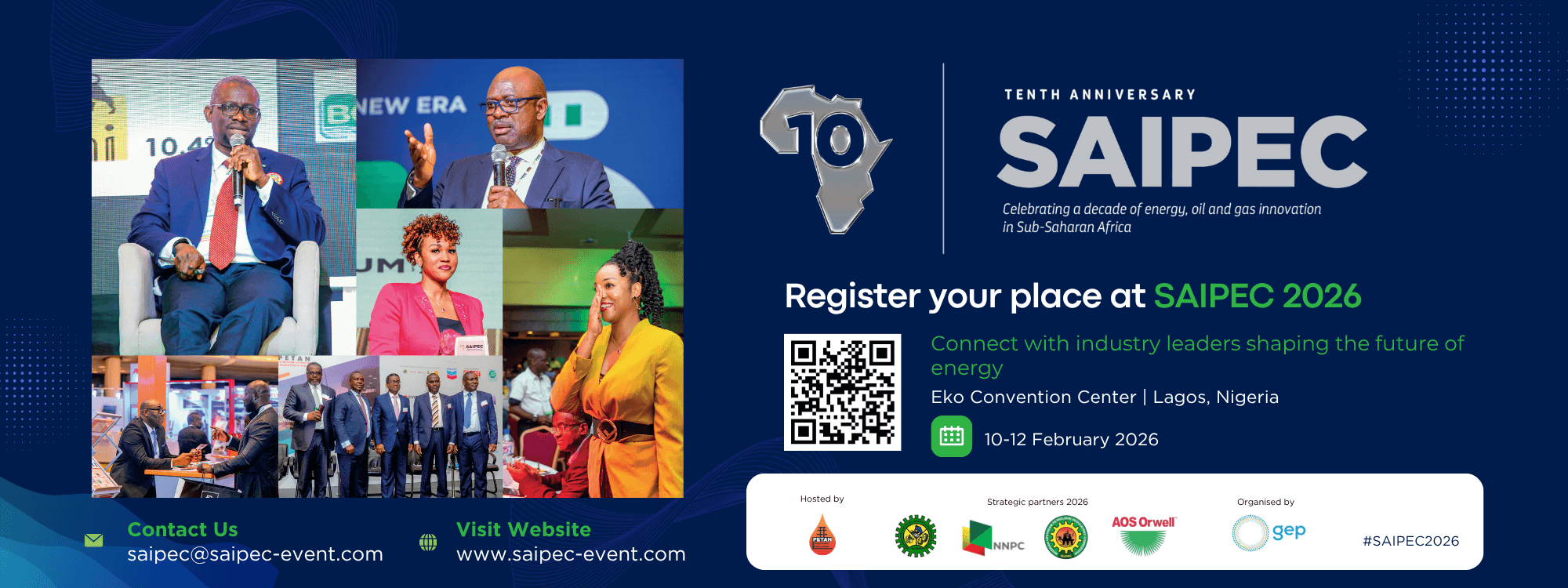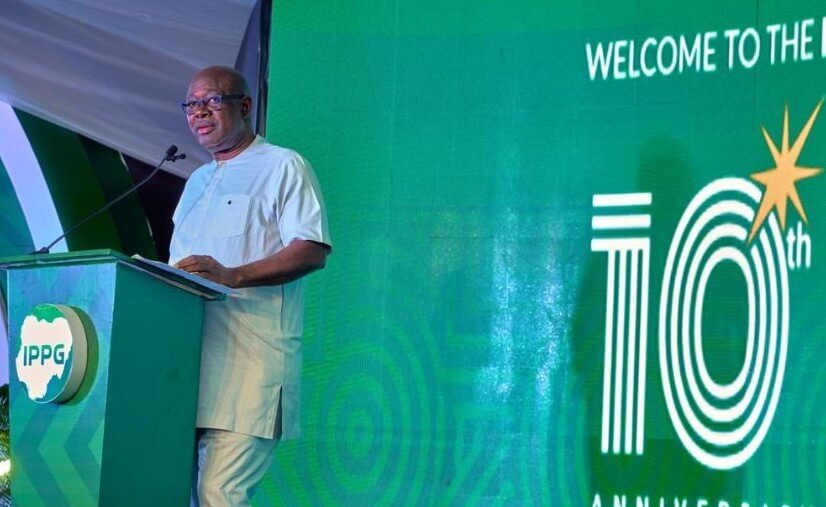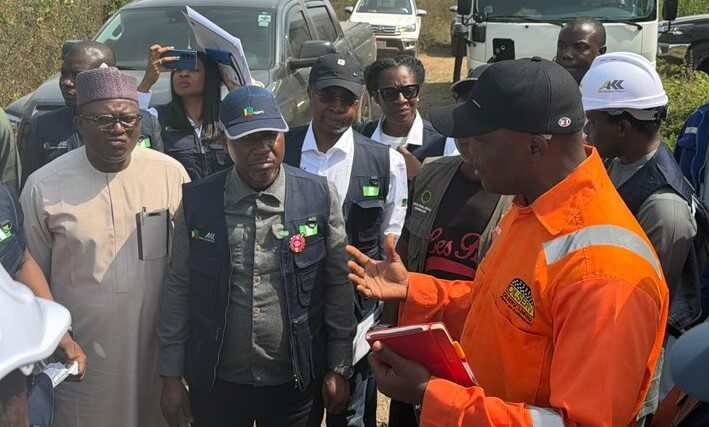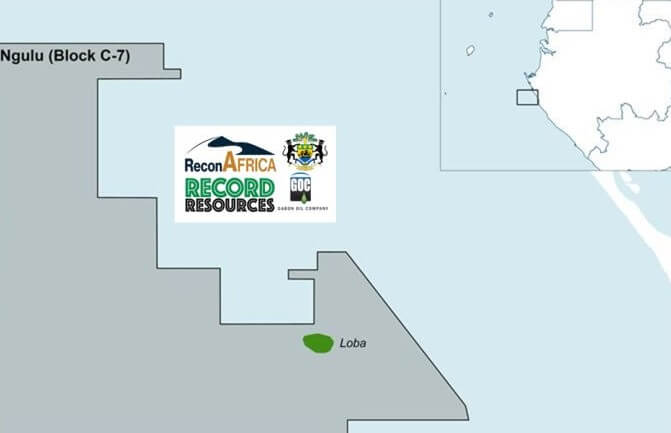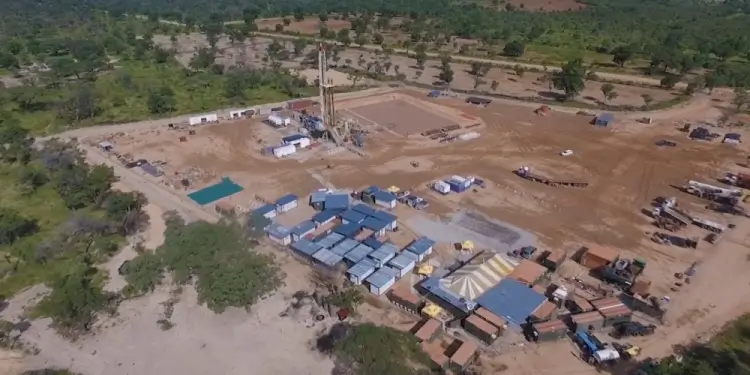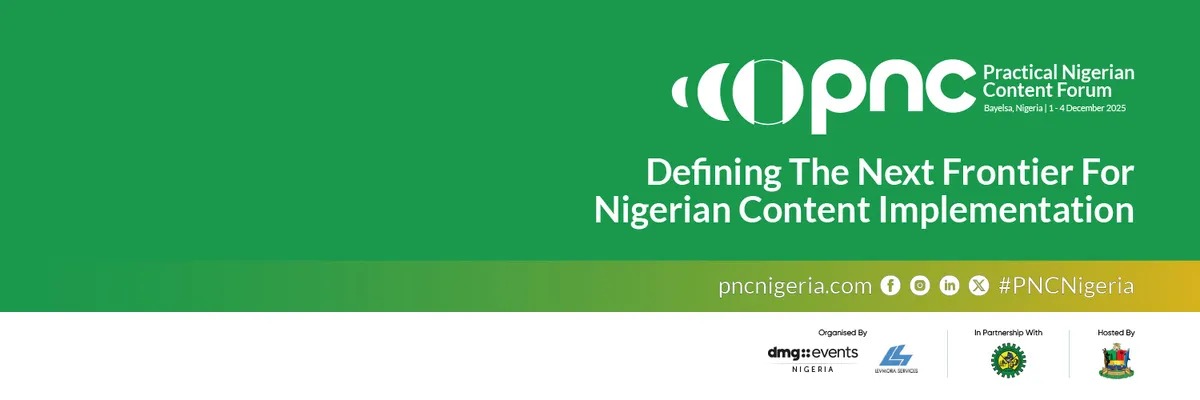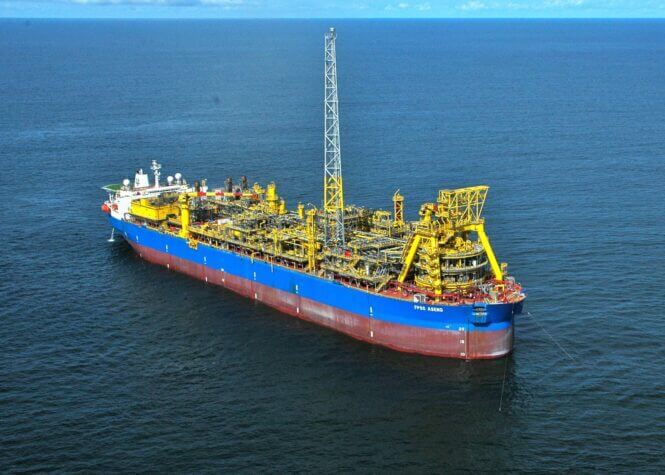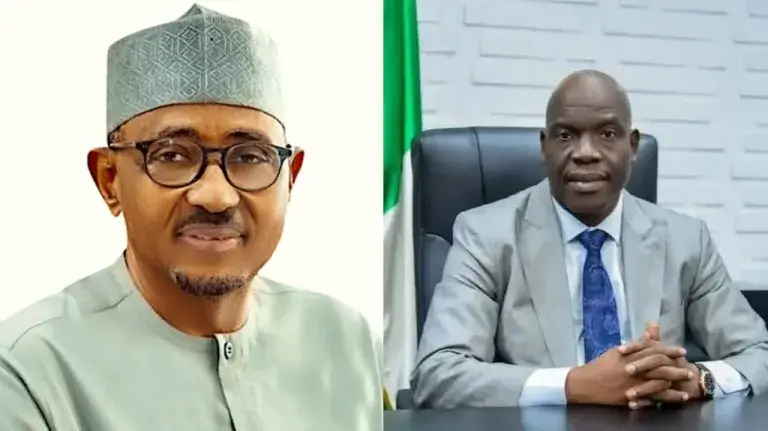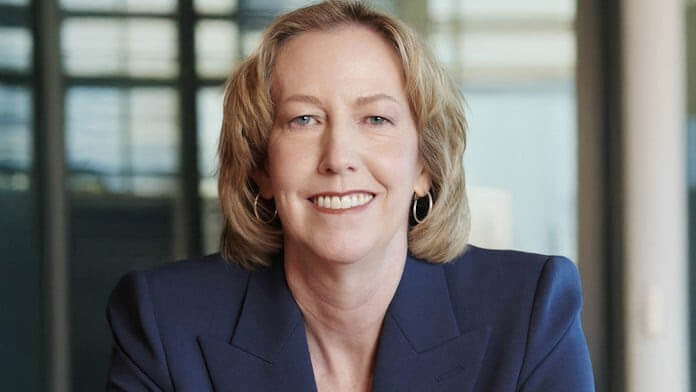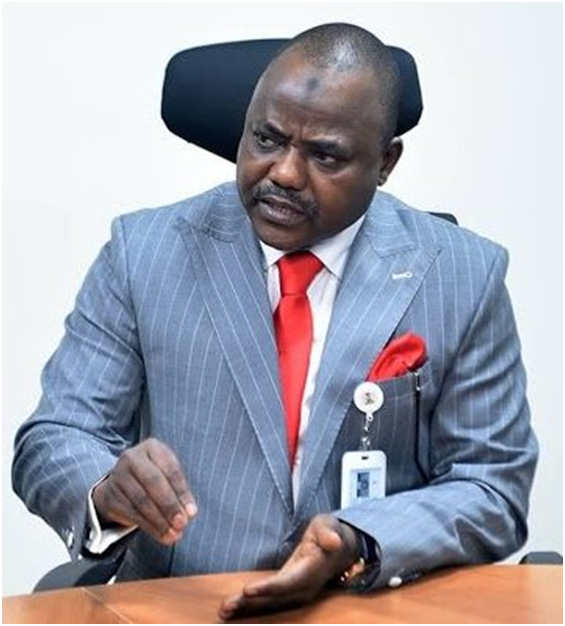
In June last year, the federal government commenced the process of awarding marginal oilfields to qualified bidders, especially indigenous oil and gas companies that had shown capacity and resilience over the years.
Coming at a time that the country’s revenue had gone south due to headwinds occasioned by the vicissitudes of the international oil market, resulting in falling prices and deteriorating foreign exchange earnings, the development was not only auspicious, but made a lot of economic sense.
The most basic definition of a marginal field in the country is any field that has been discovered and has been left unattended for a period of at least 10 years, from the date of first discovery or anyone so-called by the president of Nigeria.
In essence, they are non-producing or un-appraised fields within the oil and gas acreage already covered by a petroleum licence, which the licence holders have considered as not being profitable for development.
The bid was also a sort of victory for stakeholders who had continually pressured the federal government to conduct an oil round for the purpose of raising revenue to fund some of its critical projects.
Innovating processes and procedures
In announcing the start of the process, the Department of Petroleum Resources (DPR) the implementing agency for the bid round, introduced quite a number of changes, including the disclosure that the bid was open to indigenous companies and investors interested in participating in exploration and production business in Nigeria.
The DPR said that a total of 57 fields located on land, swamp and shallow offshore terrains were on offer, adding that for the first time, the exercise which will be conducted electronically.
The process, the regulator said, will be straightforward, starting with the expression of interest/registration, pre-qualification, technical and commercial bid submission and bid evaluation.
Preliminary gains
Nigeria was expected to rake in at least N2.3 billion on non-refundable application fees for the ongoing marginal oilfields bid rounds, with the agency’s Director and Chief Executive Officer (CEO), Mr. Sarki Auwalu, promising Nigerians of an open and transparent process.
The agency’s guidelines on the 2020 oil bid round exercise indicated that payment by interested bidders shall attract non-refundable chargeable fees on application for N2 million per field.
It added that the bid processing fee of N3 million per field, data prying fee of $15,000 per field, data leasing fee of $25,000 per field, competent persons report of $50,000 and $25,000 for fields specific report will also apply.
With the above, interested bidders were expected to pay a total of $115,000 in statutory fees and another N5 million in local currency, the agency noted.
At the official exchange rate of $360/$1 at the time, the 57 oil fields on offer would have yielded N2,364,800,000, including the N5 million payment.
The agency had added that all application fees and processing fees were expected to be paid into the Treasury Single Account (TSA) while signature bonuses were expected to be paid into the federation account.
“Also, fees for data leasing, data prying, Competent Persons Report (CPR) and Field Specific Report should be paid into the National Data Repository (NDR) account for repayment.
“According to the approved guidelines, applicants must show evidence of technical and managerial capability and must also demonstrate the ability to fully meet the objective of undertaking expeditious and efficient development of a marginal field,” it had stated.
Transparency as guiding principle
To ensure a break from the past, whereby oilfields were awarded based on factors other than merit, capacity and competence, the organisation assured Nigerians and the international business community that the federal government’s bids for the country’s marginal fields would be open and transparent.
Auwalu said while it was understandable that Nigerians seemed to be impatient about the award of the oilfields, the organisation was poised to conduct one of the most open processes in the country.
The result of the process, which is expected to add significant volume to the national crude oil production when the cut imposed by the Organisation of Petroleum Exporting Countries (OPEC) is lifted, he said will be above board in terms of transparency.
As expected some fraudulent Nigerians attempted to taint the process, using forged documents, but the DPR quickly raised the alarm asking stakeholders to ignore any announcement that is not directly from the DPR as some fraudsters were already circulating fake documents on social media.
The DPR explained that the agency will hold conferences before the announcement of the award of the marginal fields, just like it did before the implementation of the Minimum Industry Safety Training for Downstream Operations (MISTDO) recently.
“There’s the issue of marginal fields that is currently ongoing. There are a lot of fake documents in circulation. I am the director, CEO of DPR. We are yet to issue any guidelines. Anything in circulation right now is absolutely fake.
“Let me take advantage of this forum to let people know that DPR will never do such a thing for something that will bring opportunities to Nigeria in secrecy. It is only on social media and you can see how our documents are.
“DPR has a unique way of presenting any guidelines and it will be done that same way MISTDO was announced. We will have conferences. We know people are hungry to invest during this exercise and we are ready and we will do it,” the DPR boss said in one of the occasions.
He added: “There are lots of questions on marginal fields , but people need to know that this is an opportunity for Nigerians. Marginal field is not something we can shroud in secrecy. Nigerians deserve to know because this has been 17 years that it was last done. So people are hungry. They will be given the opportunity to prepare and participate.”
Learning from past mistakes
To avoid the mistakes that bedeviled the only such exercise which was conducted about 17 years ago under the Olusegun Obasanjo administration, stakeholders insisted that if Nigeria must get global respect, it must earn it through such activities as the bid rounds, which ordinarily will draw the attention of the international business community.
Before the current second marginal fields bid round, after the award of 24 fields to 31 indigenous in 2002/2003, it was learnt that only nine are operational due to the alleged choice of unqualified persons and companies to run them, with about 15 now fully abandoned.
In 2013, the federal government also failed to successfully see through a planned bid round, despite having released the guidelines to oversee the process at the time.
Experts argue that the federal government could rake in about $5.7billion if the process starts and ends as planned, but feared that what is currently happening in the power sector which seems not to have made any substantial progress since its privatisation years ago, may be replicated in the latest bid rounds, if the process is not well handled or if political interference is allowed to come to play.
There were also worries about whether the process would be independently handled by the DPR devoid of any political manipulations and political cronyism which plagued the previous award system.
But with the outcome of the process so far and without many protestations, the DPR may have proven critics wrong, who maintained that the federal government will flung the process because of quick cash.
To them, Auwalu responds: “If we want to raise funds, we could have asked the NNPC to divest from some assets to raise money. We need serious investors and that is why we are not imposing high costs on the forms; it has taken 17 years to get to this point.”
To avert situations where investors are edged out of deals after securing the oilfields, the DPR said it had activated sustainability plans for the marginal field programme.
Auwalu posited that the conditions put in place will protect the interest of all investors, stressing that any disagreement arising among awardees and their partners post-award would first be referred to the Nigerian Oil and Gas Alternative Dispute Resolution Centre in DPR.
He acknowledged that the success of the bid round conducted in 2002/ 2003 was endangered with litigations and other challenges, which hampered the development of some of the awarded 24 marginal oilfields to the detriment of the nation.
“We have learnt from the mistakes made in the past, and have come up with workable solutions to ensure that the objective of the development of our marginal fields is achieved.
“This time around, our awardees will be credible investors with technical and financial capability.
“There are also the post-general award conditions. This deals with transfer of interest post-award. It means awardees cannot transfer more than 49 per cent interest to another party post-award.
“The conditions also include termination of rights of interest holders, which gives the minister the power to withdraw the interest of a party who fails to meet its obligations in terms of joint awardees” he noted during a webinar.
Getting to the finals
Last week, federal government through the DPR announced that 161 successful companies had been shortlisted to advance to the next and final stage of the bid round process for 57 marginal oilfields in the country.
Earlier, the regulatory agency had said that over 600 companies applied to be pre-qualified for the bid rounds for the marginal oilfields, with an almost 30 per cent increase in participation during a shift in date.
Head, Public Affairs of the DPR, Mr Paul Osu, said, “The 2020 marginal oilfield bid round process is still ongoing in line with our published timelines on DPR website and bid portal.
“The current status is that 161 successful companies have been shortlisted to advance to the next and final stage of the process.”
He stated that the bid rounds began on June 1, 2020, adding that the DPR had put measures in place to ensure that the awardees would be credible investors with technical and financial capability.
According to him, the objective of the 2020 marginal field bid round is to deepen the participation of indigenous companies in the upstream segment of the industry and provide opportunities for technical and financial partnerships for investors.
Forging ahead despite Covid-19
Despite the ups and downs of 2020, oil sector regulator, the oil sector released what it described as the strategic plan and policy for the survival and success of the industry post covid-19.
Auwalu noted that for surviving and thriving beyond covid-19, the DPR embarked on marginal field bid round, policy and regulations, business environment and investment drive as well as making 2020 ‘the year of gas’.
COVID -19, according to the DPR boss, caused a shutdown of markets globally with impact on all key sectors of global economy, including global tourism, travels, hospitality, energy sector and transportation.
“The sector is also responsible for about 80 per cent of government revenues as it is also the principal source of foreign exchange earnings and Foreign Direct Investments (FDIs).
“There are, expectedly, direct impacts of falling oil prices on the country, which include; change in budget benchmark as well as the revised 2020 budget.
“These have brought about a new normal also known as a new reality which is that Covid-19 may be with us for some time. The world would have to learn to work and live around it,” he said.
According to him, :“the global economies gradual easing of lockdown; slow, sustained growth in the economy and changing work environment and work processes are signs that the world will need to work and live around it”.
Auwalu urged businesses in the sector to deploy online resources, work tools and electronic media resources, noting that businesses must swim to remain afloat or simply drown without innovating.
In spite of the challenges , DPR has determinedly forged ahead with the process culminating in the final selection and leading to the award which is expected to enhance the development of Nigerian content, capacity building, technology transfer and reserves accretion as well as income generation to expand government’s revenue drive.
